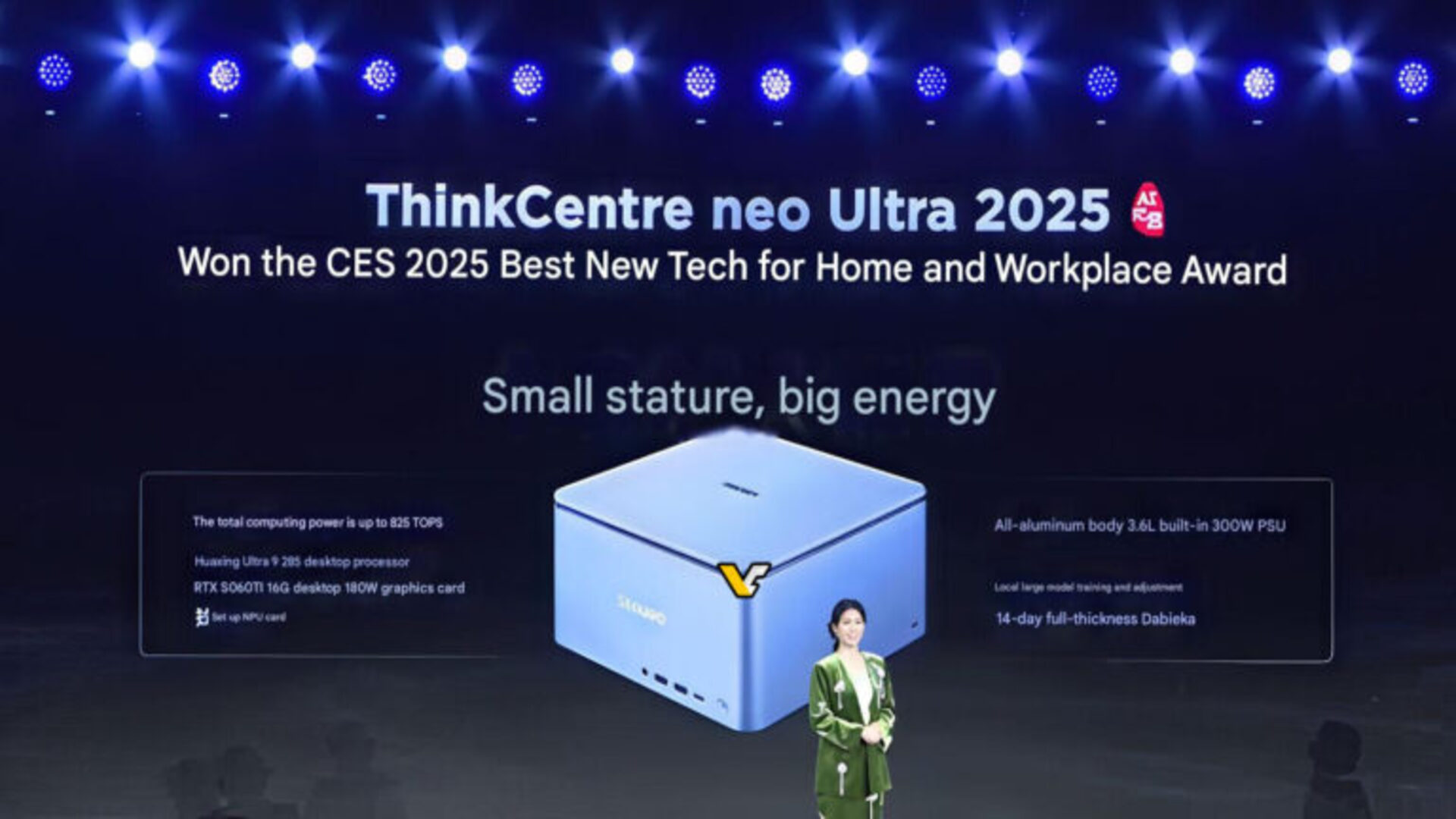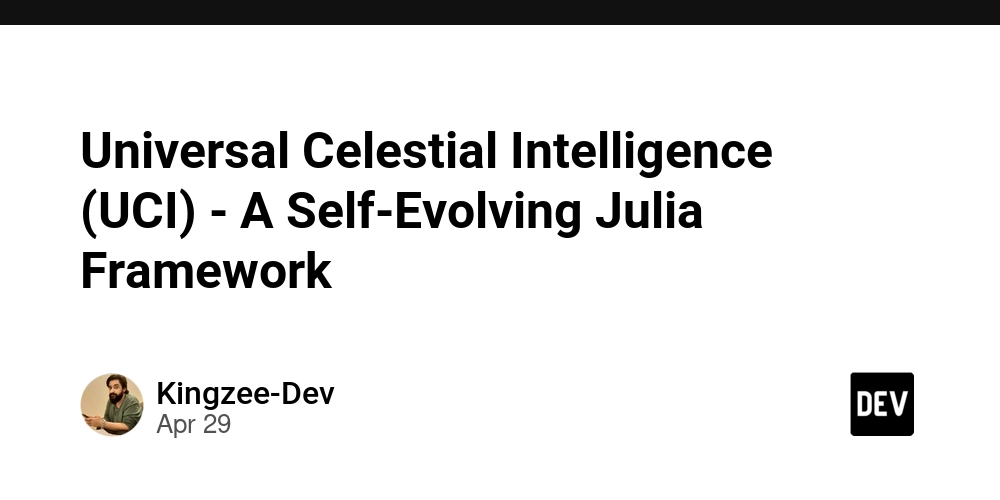You Should Encrypt Your Environment Variables
Environment variables (.env files) are a popular way to manage configuration and secrets in modern applications. leaving these files unencrypted exposes critical API keys, database credentials, and other sensitive data to risk. In this post, we’ll explore why encrypting your environment variables is essential, introduce dotenvx—a lightweight CLI for encrypting/decrypting your .env files—and compare it with other industry-standard methods for secret management. The Risk of Unencrypted .env Files Version Control Exposure: Accidentally committing .env files can leak secrets publicly (e.g., GitHub incident examples). Lateral Movement: If an attacker gains read-only access to a development server, they can harvest keys to pivot deeper into your systems. Compliance & Auditing: Many regulations (PCI-DSS, GDPR) require encryption at rest for secrets and credentials. Introducing dotenvx dotenvx is a simple CLI tool that builds on the familiar .env workflow: Encrypt: dotenvx encrypt .env produces an encrypted file (e.g., .env.enc). Decrypt: dotenvx decrypt .env.enc restores the original .env. Integration: Works seamlessly in CI/CD pipelines and local development. Key Features AES-256 symmetric encryption under the hood. Support for rotating keys without re-encrypting all files. ~/.dotenvx/key management for team-shared secrets. Alternative Approaches to Secret Management While dotenvx is lightweight and developer-friendly, larger organizations or security-focused teams may opt for more comprehensive solutions: HashiCorp Vault Centralized secret vault with dynamic secrets, leasing, and revocation. API-driven, integrates with Kubernetes, CI/CD. AWS Secrets Manager / Parameter Store Fully-managed, regionally redundant. Automatic rotation, IAM-based access control. Mozilla SOPS + Git-Crypt Encrypt files in a Git repo using KMS backends (AWS KMS, GCP KMS). Seamless developer experience via git-crypt. CI/CD Native Secrets GitHub Actions Secrets, GitLab CI/CD Variables: encrypted at rest and injected at runtime. No file in repo, but limited to pipeline scope. Comparison Table Solution Encryption at Rest Key Rotation Dynamic Secrets Ease of Use dotenvx ✅ ✅ ❌ ⭐⭐⭐⭐⭐ HashiCorp Vault ✅ ✅ ✅ ⭐⭐ AWS Secrets Manager ✅ ✅ ✅ ⭐⭐⭐ SOPS + git-crypt ✅ ✅ ❌ ⭐⭐⭐⭐ CI/CD Secrets ✅ ✅ ❌ ⭐⭐⭐⭐⭐ Best Practices for Managing Encrypted Environment Variables .gitignore: Always ignore decrypted .env files; only commit encrypted artifacts. Key Rotation: Schedule regular key rotation and test decryption in CI. Access Control: Limit decryption keys to essential team members or services. Secrets Injection: Favor injecting secrets at runtime when possible.
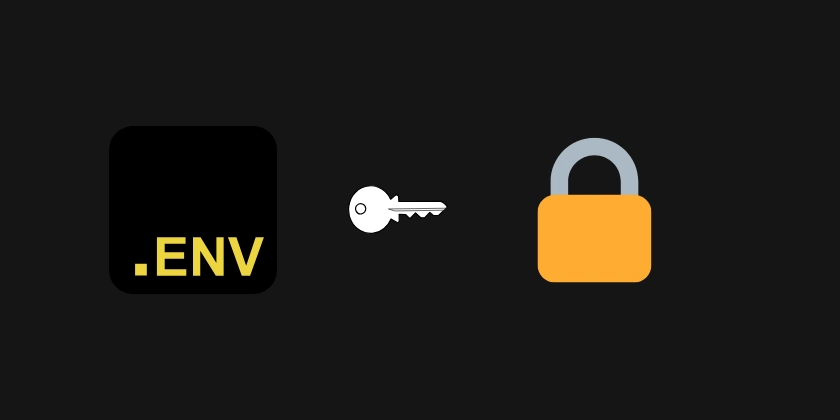
Environment variables (.env files) are a popular way to manage configuration and secrets in modern applications.
leaving these files unencrypted exposes critical API keys, database credentials, and other sensitive data to risk.
In this post, we’ll explore why encrypting your environment variables is essential, introduce dotenvx—a lightweight CLI for encrypting/decrypting your .env files—and compare it with other industry-standard methods for secret management.
The Risk of Unencrypted .env Files
Version Control Exposure: Accidentally committing .env files can leak secrets publicly (e.g., GitHub incident examples).
Lateral Movement: If an attacker gains read-only access to a development server, they can harvest keys to pivot deeper into your systems.
Compliance & Auditing: Many regulations (PCI-DSS, GDPR) require encryption at rest for secrets and credentials.
Introducing dotenvx
dotenvx is a simple CLI tool that builds on the familiar .env workflow:
Encrypt: dotenvx encrypt .env produces an encrypted file (e.g., .env.enc).
Decrypt: dotenvx decrypt .env.enc restores the original .env.
Integration: Works seamlessly in CI/CD pipelines and local development.
Key Features
- AES-256 symmetric encryption under the hood.
- Support for rotating keys without re-encrypting all files.
- ~/.dotenvx/key management for team-shared secrets.
Alternative Approaches to Secret Management
While dotenvx is lightweight and developer-friendly, larger organizations or security-focused teams may opt for more comprehensive solutions:
HashiCorp Vault
Centralized secret vault with dynamic secrets, leasing, and revocation.
API-driven, integrates with Kubernetes, CI/CD.
AWS Secrets Manager / Parameter Store
Fully-managed, regionally redundant.
Automatic rotation, IAM-based access control.
Mozilla SOPS + Git-Crypt
Encrypt files in a Git repo using KMS backends (AWS KMS, GCP KMS).
Seamless developer experience via git-crypt.
CI/CD Native Secrets
GitHub Actions Secrets, GitLab CI/CD Variables: encrypted at rest and injected at runtime.
No file in repo, but limited to pipeline scope.
Comparison Table
| Solution | Encryption at Rest | Key Rotation | Dynamic Secrets | Ease of Use |
|---|---|---|---|---|
| dotenvx | ✅ | ✅ | ❌ | ⭐⭐⭐⭐⭐ |
| HashiCorp Vault | ✅ | ✅ | ✅ | ⭐⭐ |
| AWS Secrets Manager | ✅ | ✅ | ✅ | ⭐⭐⭐ |
| SOPS + git-crypt | ✅ | ✅ | ❌ | ⭐⭐⭐⭐ |
| CI/CD Secrets | ✅ | ✅ | ❌ | ⭐⭐⭐⭐⭐ |
Best Practices for Managing Encrypted Environment Variables
.gitignore: Always ignore decrypted .env files; only commit encrypted artifacts.
Key Rotation: Schedule regular key rotation and test decryption in CI.
Access Control: Limit decryption keys to essential team members or services.
Secrets Injection: Favor injecting secrets at runtime when possible.





































































































































































![[The AI Show Episode 145]: OpenAI Releases o3 and o4-mini, AI Is Causing “Quiet Layoffs,” Executive Order on Youth AI Education & GPT-4o’s Controversial Update](https://www.marketingaiinstitute.com/hubfs/ep%20145%20cover.png)












































































































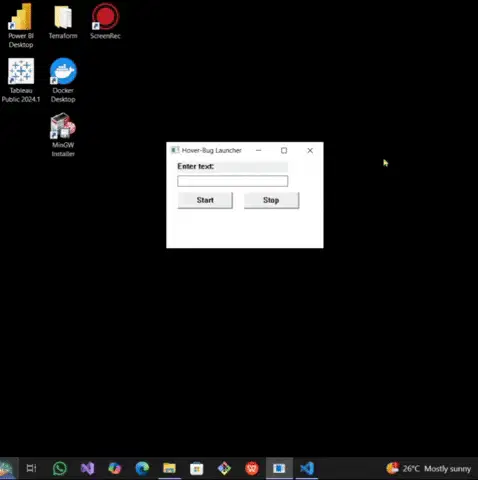
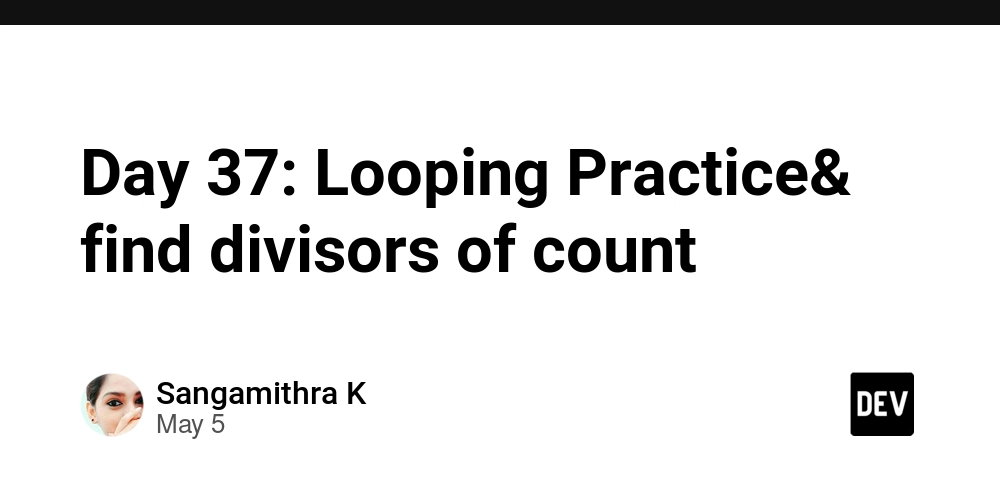















![[DEALS] Microsoft 365: 1-Year Subscription (Family/Up to 6 Users) (23% off) & Other Deals Up To 98% Off – Offers End Soon!](https://www.javacodegeeks.com/wp-content/uploads/2012/12/jcg-logo.jpg)




![From Art School Drop-out to Microsoft Engineer with Shashi Lo [Podcast #170]](https://cdn.hashnode.com/res/hashnode/image/upload/v1746203291209/439bf16b-c820-4fe8-b69e-94d80533b2df.png?#)




















![Re-designing a Git/development workflow with best practices [closed]](https://i.postimg.cc/tRvBYcrt/branching-example.jpg)




















































































(1).jpg?#)






























_Inge_Johnsson-Alamy.jpg?width=1280&auto=webp&quality=80&disable=upscale#)























































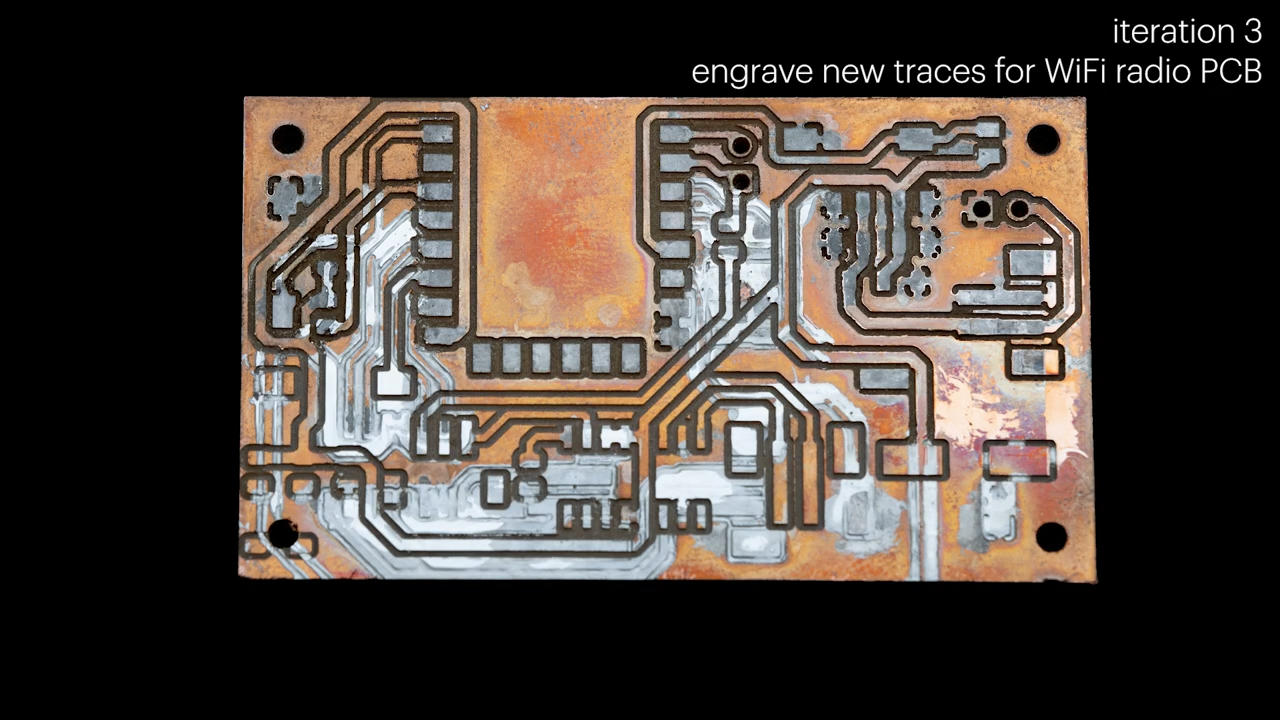

































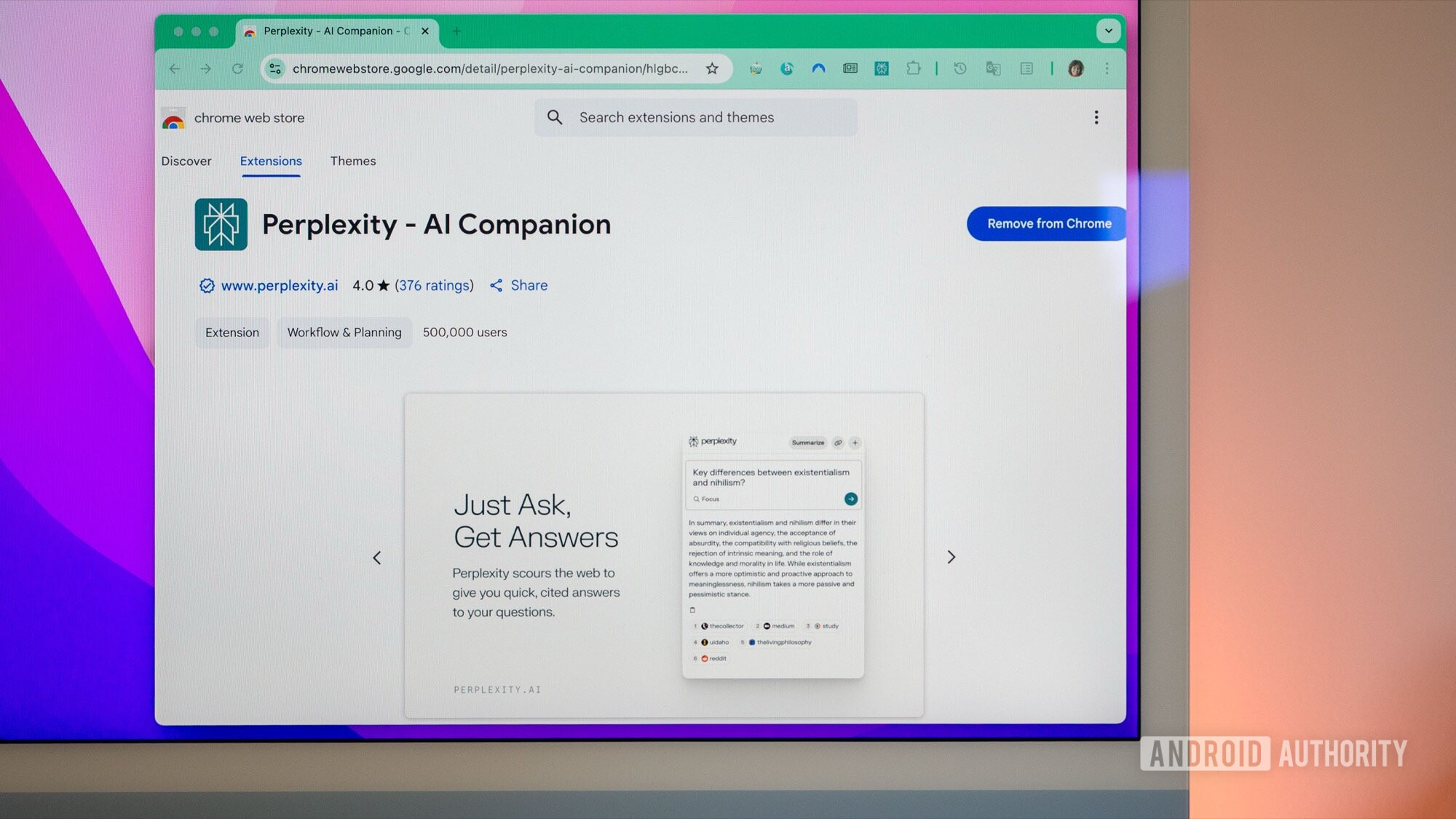





![The Material 3 Expressive redesign of Google Clock leaks out [Gallery]](https://i0.wp.com/9to5google.com/wp-content/uploads/sites/4/2024/03/Google-Clock-v2.jpg?resize=1200%2C628&quality=82&strip=all&ssl=1)
![What Google Messages features are rolling out [May 2025]](https://i0.wp.com/9to5google.com/wp-content/uploads/sites/4/2023/12/google-messages-name-cover.png?resize=1200%2C628&quality=82&strip=all&ssl=1)














![New Apple iPad mini 7 On Sale for $399! [Lowest Price Ever]](https://www.iclarified.com/images/news/96096/96096/96096-640.jpg)
![Apple to Split iPhone Launches Across Fall and Spring in Major Shakeup [Report]](https://www.iclarified.com/images/news/97211/97211/97211-640.jpg)
![Apple to Move Camera to Top Left, Hide Face ID Under Display in iPhone 18 Pro Redesign [Report]](https://www.iclarified.com/images/news/97212/97212/97212-640.jpg)
![Apple Developing Battery Case for iPhone 17 Air Amid Battery Life Concerns [Report]](https://www.iclarified.com/images/news/97208/97208/97208-640.jpg)















